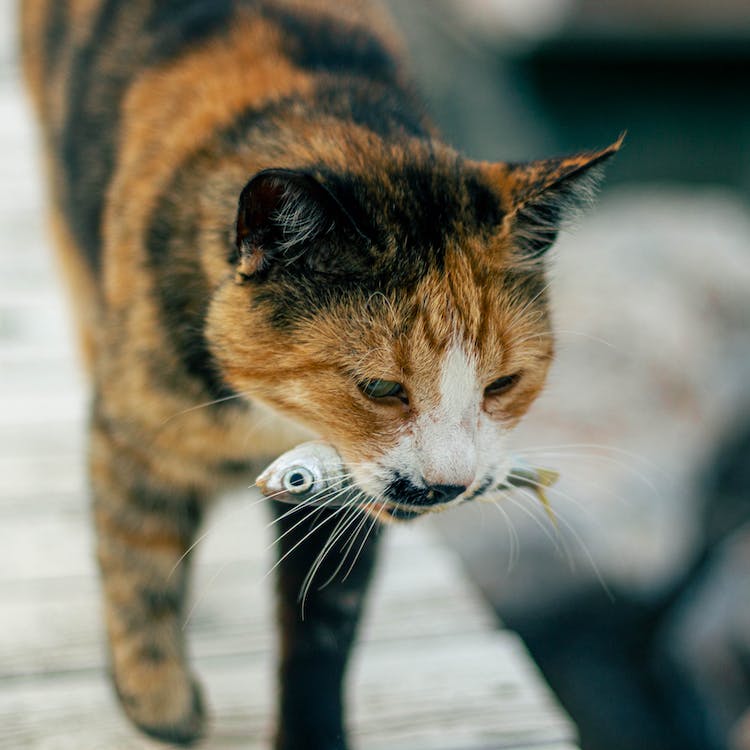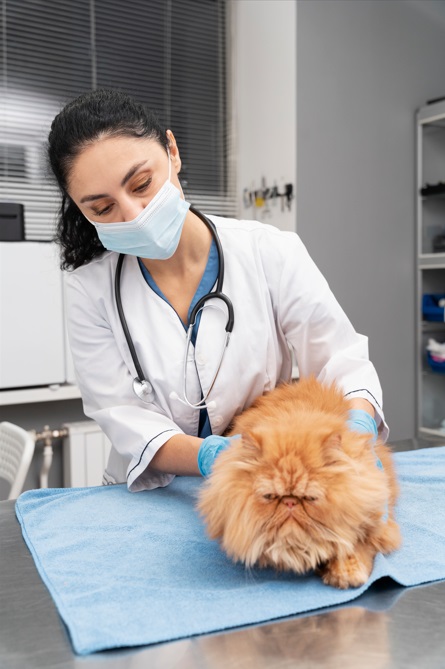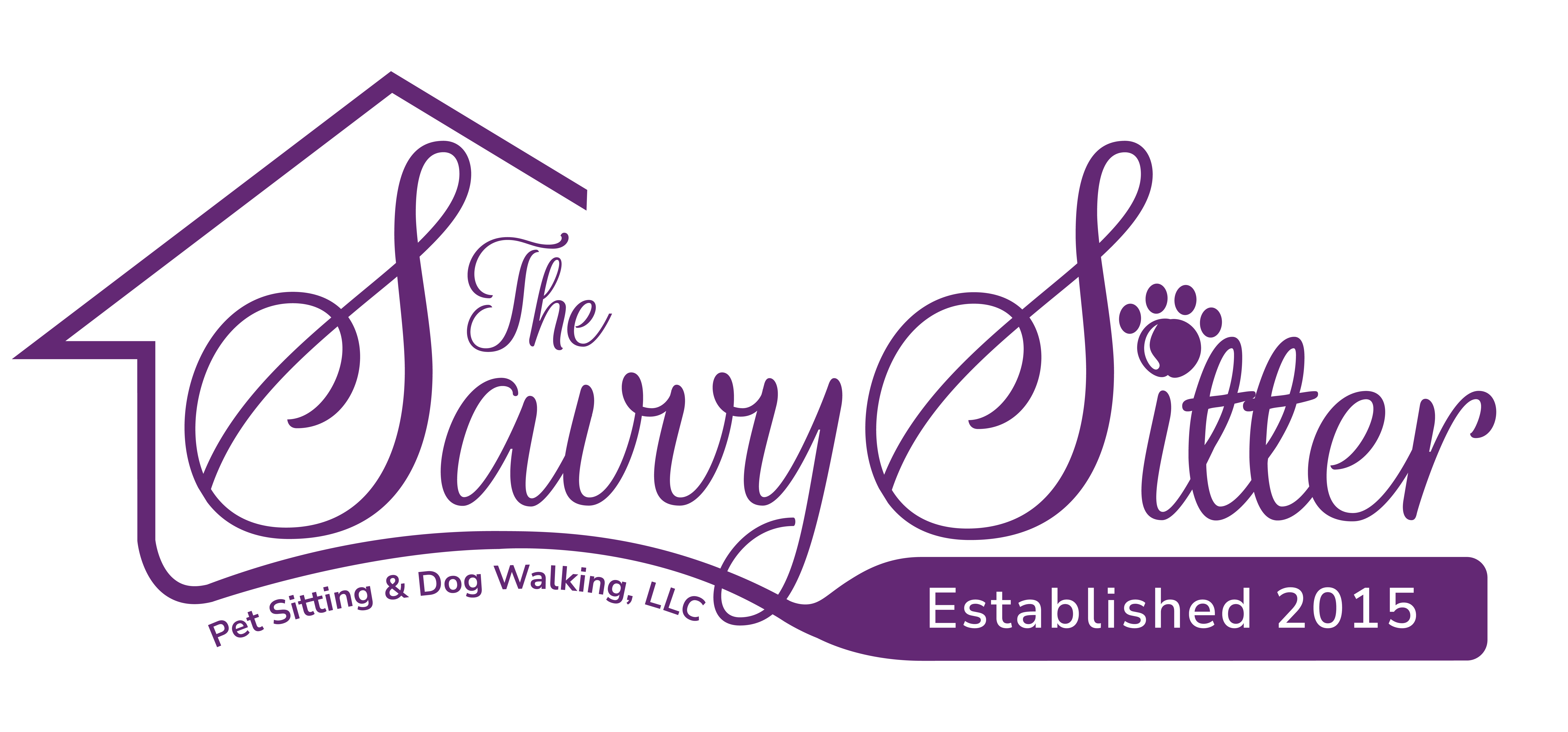
Is Raw Diet Good For Cats?
Raw diets for cats have become increasingly popular in recent years, with many pet owners turning to this type of diet as a way to provide their feline friends with a more natural and nutritious diet.
However, while raw diets can offer many benefits for cats, it’s important to understand the potential risks and drawbacks before making the switch.
Raw Food Benefits
One of the main benefits of a raw diet for cats is that it provides them with a more natural and balanced diet with more nutrients than conventional pre-made cat food. Cats are obligate carnivores.
They require a diet high in protein and fat. Raw diets for cats typically consist of raw meat and organs, such as chicken, turkey, beef, and fish, as well as vegetables and fruits. This diet can provide cats with all the essential nutrients they need to thrive, including amino acids, fatty acids, vitamins, and minerals.
Another benefit of raw diets for cats is that they can help to improve their overall health. Raw diets are often lower in carbohydrates than processed cat foods, which can help to reduce the risk of obesity and diabetes.

Additionally, raw diets can help to improve a cat’s digestion, immune system, and overall energy levels.
Risks of Diet for Cats
However, some potential risks are associated with raw diets for cats. One of the main concerns is the risk of food-borne illness, such as salmonella or E. coli. Cats can also be at risk of developing nutritional deficiencies if their diet is not properly balanced. It’s also important to note that raw diets can be more expensive than traditional cat foods and may require more preparation and storage.

To ensure that your cat is getting all of the nutrients they need on a raw diet, it’s important to consult with a veterinarian or a qualified animal nutritionist. They can help you to create a balanced and safe diet for your cat, taking into account any existing health conditions or dietary restrictions.
Another option is to feed a commercial raw diet, which are specially formulated to meet the nutritional needs of cats. These diets have been tested and have the appropriate balance of nutrients.
Overall, a raw diet can be a healthy and natural choice for cats, but it’s important to understand the potential risks and benefits before making the switch. It is always recommended to consult with a veterinarian or a qualified animal nutritionist before making any changes to your cat’s diet.
How much raw food is enough for my cat?
The amount of raw food that you should feed your cat will depend on a variety of factors, including your cat’s age, weight, and activity level. A general guideline is to feed your cat 2-3% of their body weight in raw food per day. For example, if your cat weighs 10 pounds, you would feed them between 0.2-0.3 pounds (or around 3-5 ounces) of raw food per day.
It’s also important to note that cats have different nutritional needs at different life stages. For example, kittens and pregnant or nursing cats will require more food than adult cats.
Additionally, cats with certain health conditions may require a different diet or may need to be fed more or less food.
Bottom line
In conclusion, feeding a raw diet to cats can be beneficial for their overall health, providing them with a more natural and balanced diet, improve digestion, and immune system. However, it is important to consider the potential risks and consult with a veterinarian or a qualified animal nutritionist to ensure that the diet is safe and balanced.
About the Author:
Savanna Westwood
Savanna Westwood is the Owner and Founder of The Savvy Sitter, Pet Sitting and Dog Walking, LLC. She has grown up with animals all her life and enjoys spending time with them. Savanna has lived in the Winter Garden and Windermere Area for over 30 years. When she is not taking care of Fur Friends, one can find her reading, practicing archery, riding, and devising ways to provide additional and excellent services to clients. Savanna is a Certified Professional Pet Sitter with Pet Sitter International's CPPS certification and also holds certification in Pet First Aid and CPCR for Pet-Care Professionals.

